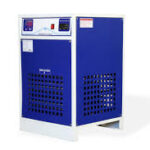Air Cooled Chillers
Air-cooled chillers are efficient refrigeration systems that utilize air to remove heat from the refrigerant or coolant, unlike water-cooled chillers that depend on water sources and cooling towers.
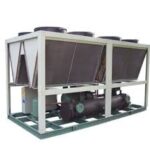
Water Cooled Chillers
Water-cooled chillers function by transferring heat through a water-cooled condenser, making them ideal for large-scale industries and commercial air conditioning systems.
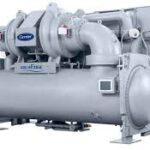
Screw Chillers
Screw chillers use screw compressors for efficient cooling in industrial and commercial settings. They provide reliable operation for large-scale applications. Their design ensures energy-efficient performance.
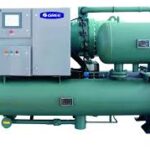
Variable Speed Chillers
Variable speed chillers operate with VFD-controlled compressors that optimize motor speed. They adjust cooling capacity dynamically, reducing power consumption. This makes them ideal for energy-efficient operations.
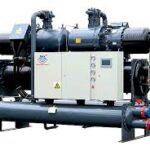
Oil Chiller
Oil chillers regulate lubricating oil temperature to protect industrial machinery. They prevent thermal degradation and improve operational efficiency. These systems are essential for continuous cooling needs.
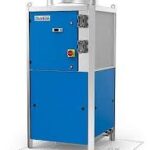
Hydraulic Oil Chiller
Hydraulic oil chillers are designed to cool hydraulic oil in heavy-duty applications. They prevent excessive heat buildup, reducing wear and tear. Proper cooling enhances system performance and longevity.
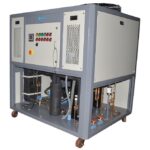
Online Chiller
Online chillers offer real-time cooling for industrial and commercial systems. They support remote access via internet connectivity. This allows users to monitor and control operations seamlessly.
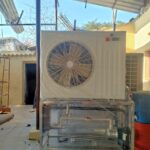
Glycol Chiller
Glycol chillers provide efficient cooling using a glycol-water solution. They help maintain low and stable temperatures in various industries. Common applications include breweries, wineries, and food production.
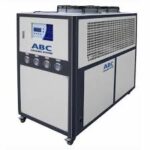
Spindle Chiller
Spindle chillers provide temperature control for machine spindles operating at high speeds. They dissipate excess heat to ensure smooth operation. This prevents thermal expansion and machining errors.
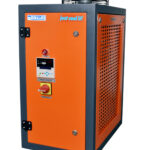
Refrigerated Air Dryer
Refrigerated air dryers lower the humidity of compressed air by cooling it. Water vapor condenses and is removed, ensuring dry air. This prevents corrosion and improves efficiency in air tools.
